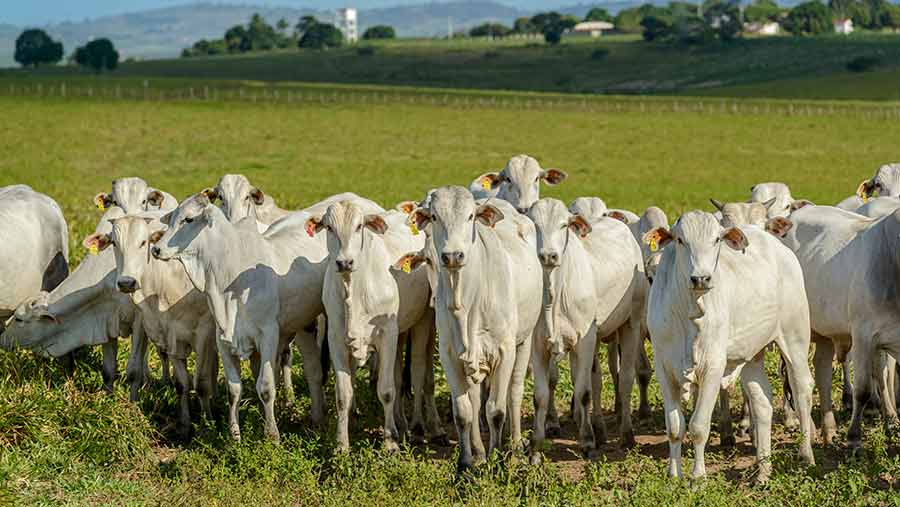UK must not become ‘dumping ground’ for cheap food imports
 © Cacio Murilo/Adobe Stock
© Cacio Murilo/Adobe Stock The UK government must not agree trade deals that allow the country to become a dumping ground for cheap food imports produced to lower standards, MPs were told.
Natasha Hurley, director of campaigns at Feedback, issued the warning to cross-party MPs sitting on the Environment, Food and Rural Affairs (Efra) Committee, during an evidence session on Tuesday 27 February, investigating the effect of free-trade agreements on food, animal welfare and environmental standards
See also: Farmer relief as UK/Canada free-trade talks suspended
“We are very concerned at Feedback that what we’re going to see, as a result of various trade deals, is the UK potentially becoming a dumping ground for lower-welfare, higher-carbon products produced in less socially responsible conditions,” Ms Hurley said.
The UK government “must take assertive action” and put in place a framework which does not allow this to happen, she insisted.
The Conservative government’s election manifesto promised British farmers they will not “compromise” the UK’s “environmental protection, animal welfare and food standards in trade negotiations”.
‘Red lines’
Neil Hudson, Conservative MP for Penrith and the Border and an Efra committee member, said the government had set out “clear red lines” on what was acceptable in trade deals, and it would not allow imports of chlorinated chicken and hormone-fed beef from any countries, including Canada.
Following the Farm to Fork summit at Downing Street last May, prime minister Rishi Sunak wrote in an open letter: “There will be no chlorine-washed and no hormone-treated beef on the UK market. Not now, not ever.”
However, Orla Delargy, head of public affairs at food and farming alliance Sustain, told Dr Hudson that if the government was really serious about upholding the high standards of British food and farming, it would have introduced the relevant laws in the Agriculture Bill.
“It would be great if he [Rishi Sunak] could put it into a trade strategy and give that as a written instruction to negotiators,” said Ms Delargy.
Jack Simpson, senior trade policy adviser at the World Wide Fund for Nature, said there was already consensus on what core standards should look like according to the NFU, the RSPCA and consumer surveys, which have revealed the UK should not comprise its environmental and animal welfare standards in trade deals.
“What we now need to see is some form of government action to establish a working group to understand what the standards are. Are there standards we can apply in a trade strategy sense?” he asked.
Benchmark needed
Ms Hurley said the basis of the core standards should be the UK’s own domestic rules and laws. “If you don’t make that the benchmark, you are ultimately going to be undercutting your producers,” she added.
Food safety checks and controls could be used to ensure food imports comply with the UK’s high standards, Ms Hurley said.
British farmers also risk being undercut by food imports from Comprehensive and Progressive Agreement for Trans-Pacific Partnership member countries where food is produced more cheaply and using pesticides banned for use in the UK, MPs were told.
The Efra committee’s scrutiny of the UK’s food and agriculture trade strategy continues.
